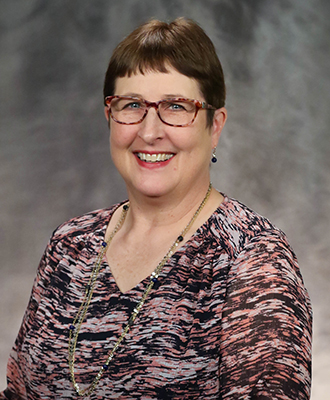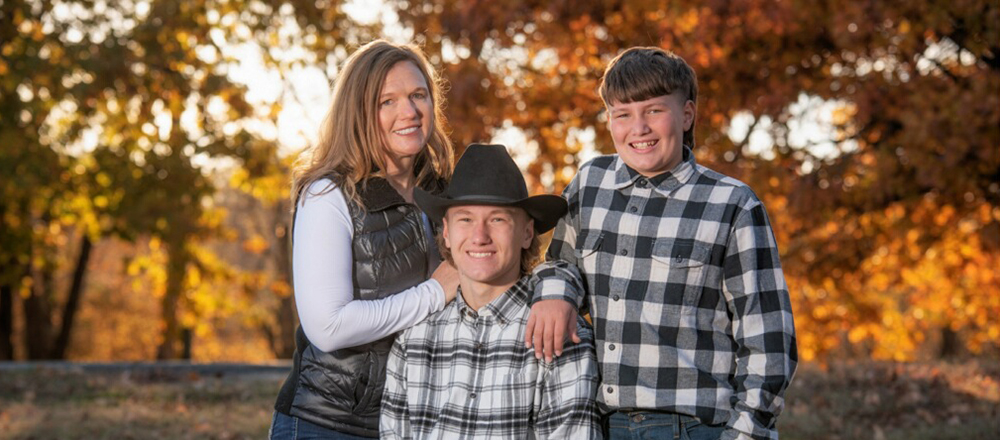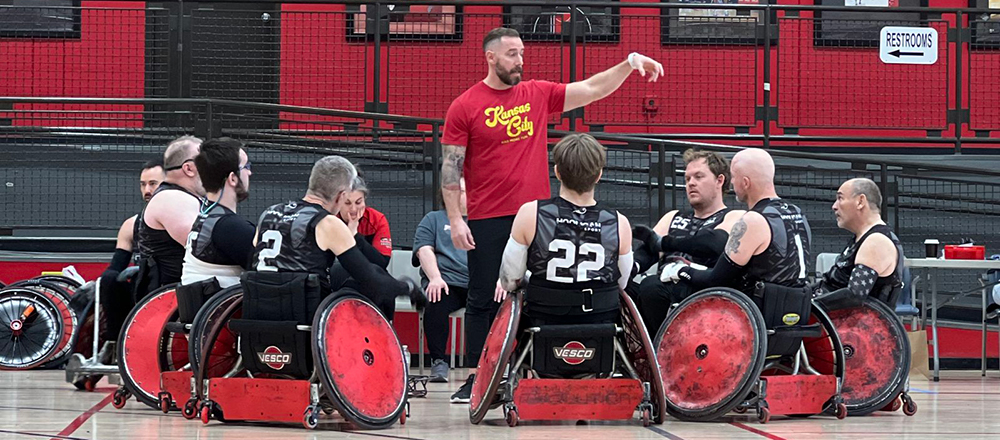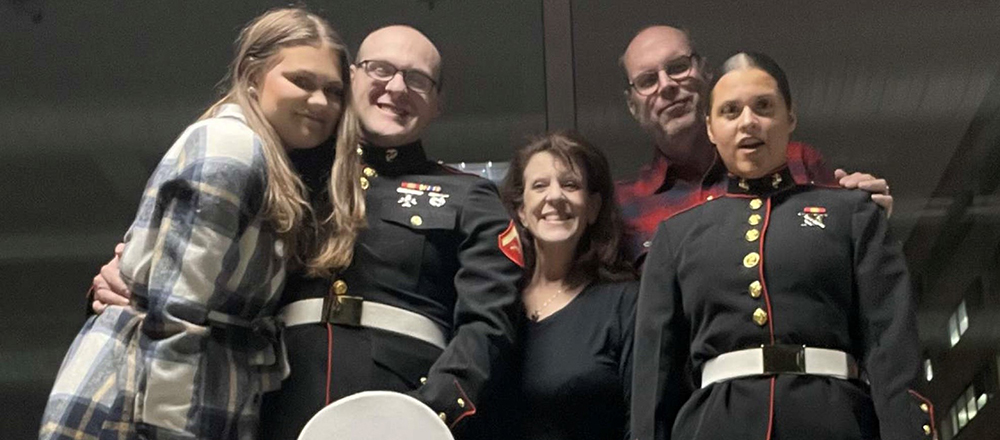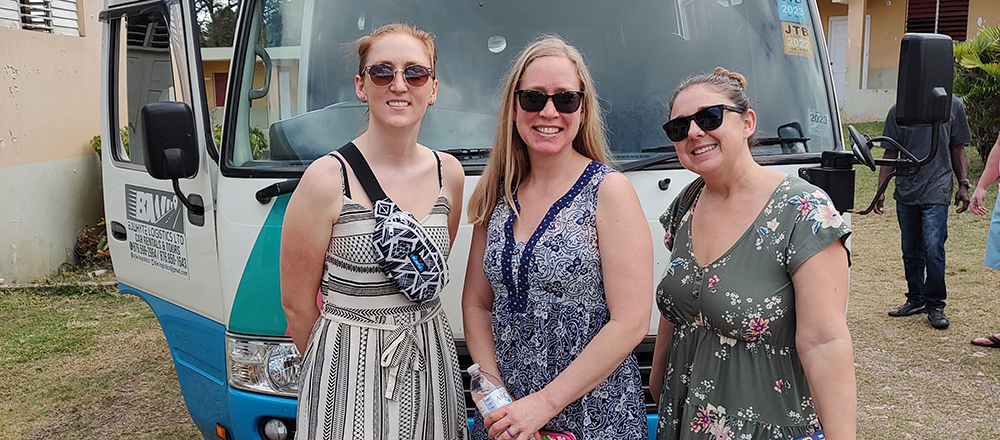
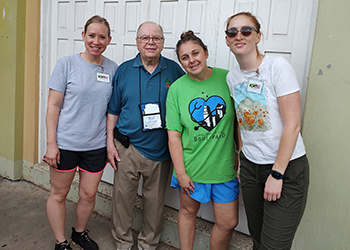
Overseas medical mission trips can be life-changing for both the people giving and receiving care. For years, Bob Magee, a member of our Board of Trustees, has organized a medical mission trip to Jamaica, and this year was no exception. The hospital sponsored three nurses to represent our organization (pictured right with Bob): Mary Davis, MSN-Ed, RN, NPD-BC, Nursing Professional Development, Angie Kowalewycz, BSN, RN, CNOR, Hospital Surgery, and Amber Leone, BSN, PCCN, PreOp/PACU.
Mary is experienced with overseas mission trips while the trip was a first for Angie and Amber. They traveled with physicians and other clinicians from the metro area, as well as retired NKCH physicians Carl Inzerillo, DO, John Stanley, MD, and Nicholas Szilagye, MD, and retired NKCH nurses Jan Brooks, RN, Linda Landis, RN, and Karen McKinley, RN.
In Jamaica, Mary and Amber worked in triage where they took vital signs and compiled a list of patient complaints and needs. And due to diets high in sugar from fruits, rice and sugary beverages, they also checked for diabetes. Language wasn’t a barrier since patients spoke English, so Mary and Amber just had to learn the nuances, such as referring to diabetes as “sugar.” Meanwhile, Angie’s surgical background prepared her to serve on the dental team, which together extracted 449 broken and loose teeth in patients from age 3 to 99 over their four-day mission.
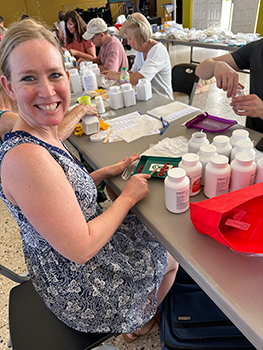
Angie counting medications.
The days, which usually started with up to a two-hour bus ride into the mountains to reach the rural villages, were long for the team but rewarding. The dental team worked in the local health clinic while the medical team functioned out of churches. “Nurses run the clinics and don’t allow foreign doctors in the clinics,” Angie explained. The government also struggles with corruptness. “At the airport, customs officials confiscated the lidocaine, and the dentist had to buy it back,” Angie said. “Luckily, he knew to expect that and was prepared.”
Because the pandemic halted the Jamaican mission trips for three years, many people walked from their villages to see us and waited up to six hours in line. “But they never complained,” Angie shared. “They were so grateful and thankful.”
Without equipment routinely available in hospitals, Mary relied on the critical-thinking skills she learned in nursing school to assess patients and make decisions. “This type of trip is a good way to stop career burnout. You put yourself where you feel vulnerable and you come back with a different outlook,” Mary said.
Amber applied for the mission trip because she needed a new outlook after working on the hospital’s COVID-19 unit for three years. “I felt I was no longer helping people the way I wanted,” Amber said. “I wanted to remember why I became a nurse. I wanted to get back to my roots. And now, I feel rejuvenated.”
